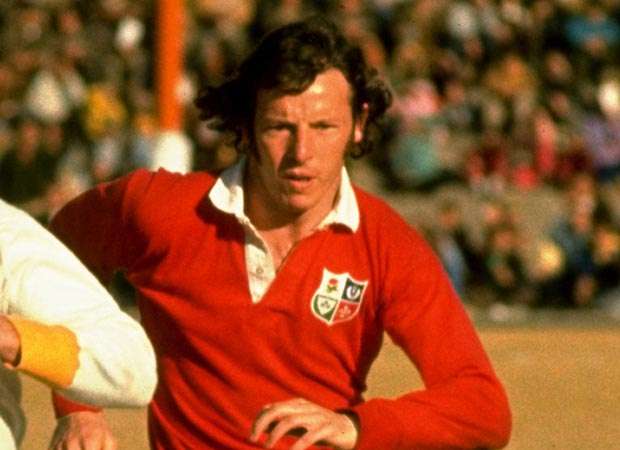

This story has never been told, until now. I know it to be true because I was one of the five and of all the ludicrous examples of alleged breaches of the amateur regulations this was the most ridiculous one of all.
Imagine the uproar had the story got out at the time – Wales ban five in cash scandal. And what a five they were – Gareth Edwards, Phil Bennett, Mervyn Davies, Bobby Windsor and myself.
None of us could believe what we were hearing when the chairman of selectors, Keith Rowlands, called us into a small room before we went out training and told us: “Gentleman, I have some bad news. None of you can play against England on Saturday.”
One of the spin-offs of the Lions‘ success (the previous summer) was that we were in demand from the moment we got back home. The invitations to go here and play there came so thick and fast that you could have been out every night of the week. We took care to ration our acceptances.
Two weeks before the England match the five of us agreed to turn out for Newport Saracens in a charity fixture against the touring Canadians. We did so as a favour to the Saracens’ most distinguished old boy, Windsor.
We played the match, got changed and went to the clubhouse for a bite to eat. There was a massive reception and the club treasurer slipped a £50 note into our pockets as a thank-you for coming and making sure we didn’t lose out on expenses.
Nothing more was said until we reported for Wales training at the Afan Lido the following Sunday. That was when Rowlands told us we could not play against England because we had been paid for playing in that game for Newport Saracens.
We looked at each other aghast, aghast not just at the thought of not playing against England but aghast in equal measure that we had been accused of taking money for playing. Clive Rowlands, who’d become one of the Big Five (selection committee) after retiring the previous season as national coach, was also there.
We could tell from the body language of Clive and Keith that neither was comfortable with what they had to say. They were very much on our side but they were also under strict orders from the Welsh Rugby Union hierarchy.
There could be no soft-pedalling on this one.
We asked what we had done wrong and it then transpired that a member of the Welsh Rugby Union, a district representative, had seen us being slipped the money and had reported it to the Union. They, in turn, had been obliged to look into it.
The Messrs Rowlands told us very clearly that unless we paid the money back, and paid it back right away, we could not play against England. We gave back our £50s but if I had known then what I knew a few years later, I’d have said to the Welsh Rugby Union: “Go on, play without us and see what happens. You’ll be made to look a bloody laughing stock.”
Can you imagine the furore it would have created? Can you imagine how silly the WRU would have looked and, by extension, the entire game of Rugby Union?
We handed the money back and were told to submit an expenses claim instead. And guess what the expenses claim amounted to? £50 per person!
That somebody felt it necessary to snitch on us raised a question which nagged me all the way through my time with Wales. Why did the committee men go out of their way to cause trouble for us?
What made them jealous? How come that they rode on the back of our success but when it came to us making a fiver here or there, they went out of their way to embarrass and trouble us?
They had so many perks as a direct result of our success on the field, swanning around in the best of hotels with their wives on weekends in London, Paris, Edinburgh and Dublin, all at the Union’s expense. But if we wanted to take our wives, we had to pay for them.
Don’t forget, we were world stars in those days. Television was becoming a big player in the game with their readiness to start paying big bucks and that was all because of what we were doing on the field – free, gratis and for nothing.
The pettiness of the officials never ceased to amaze me. The worst example happened a few hours before we lost to England at Twickenham the previous year (1974) and this really did make my blood boil.
We had a team meeting in a private room at the Kensington Palace Hotel at 10.30 in the morning. Shortly after midday we were in the dining room of the hotel grabbing a last bite to eat. We were on one side of the dining room and the committee and their wives were on the other.
I look up and Jack Young, the chairman of the Big Five, is standing behind me. “JJ,” he says. “Bill Clement (WRU secretary) has been checking your expenses. You’ve claimed £5.”
So I tell him: “That’s correct, Jack. Two trips from Maesteg to Cardiff and back so I put down a round figure. Petrol isn’t cheap these days, you know.”
Then Jack says: “We worked it out at £3.80. You owe us £1.20.”
I can hardly believe what I’m hearing. So there I am, in the dining room just about to play for Wales at Twickenham, and I’m having to dig into my pocket and give the chairman of the Big Five a pound note and a 20 pence coin.
Perhaps it was just as well that Young caught me when he did.
Had he left it until Monday, which he ought to have done, I’d like to think I would have told him to “f*** off and shove the expenses claim where the sun doesn’t shine”.

British and Irish Lions
British and Irish Lions: Elliot Daly Silenced the Doubters; Now It’s Time for Owen Farrell

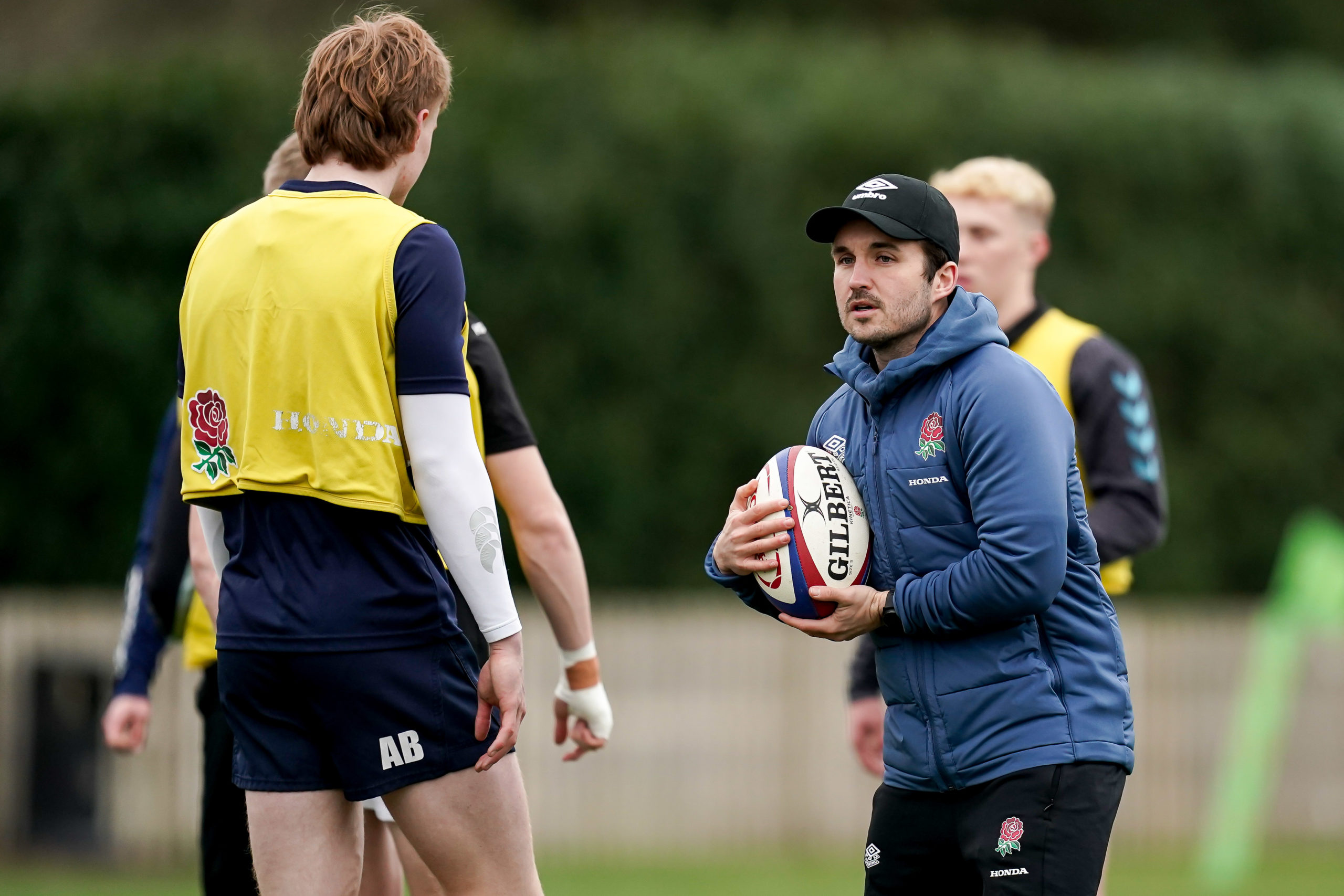

















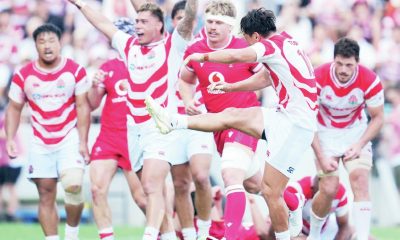

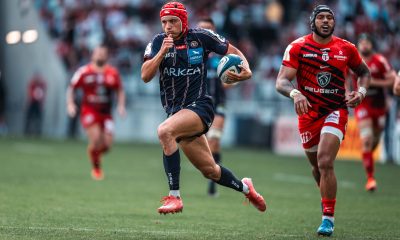

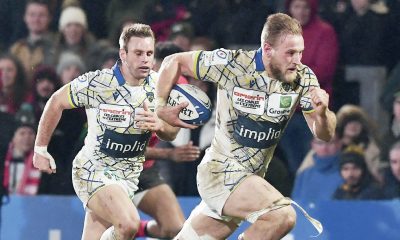

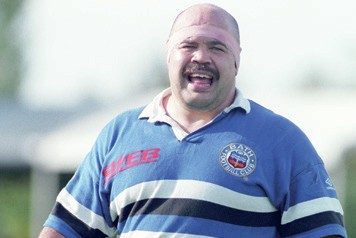



You must be logged in to post a comment Login